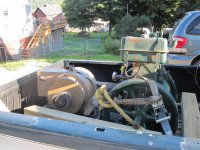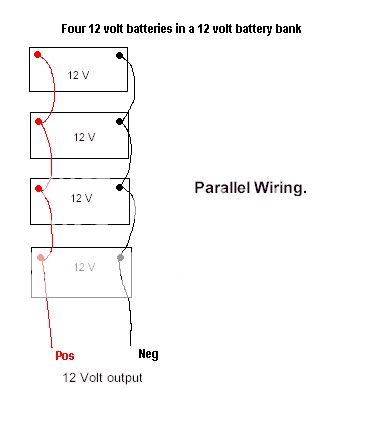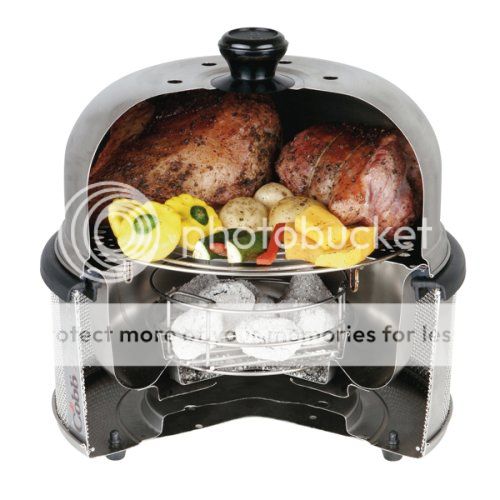they got these generator that can run on any oil, used motor oil any number of veggi oils,fats u name.and its build like a shit brick house.
ill looks it up in my notes,
I think biofuels and wind, solar, hydro, and like the above hydrogen fuel cells must be used together.
but how about batteries? they need a major revamp over everything else.like 50 100 times more cycle life.good deep cells only last 5-6 befor there not really good no more(efficient)
hopefully these new ceramics get sum where. idk I am still doing major research on this subject but im leaning towards a on demand type system. i.e oil based fuel generator.would be nice to have a good battery bank though sumthing along the lines of 1-2 weeks without a current input.idk where the links folks?!!?lol
ill looks it up in my notes,
I think biofuels and wind, solar, hydro, and like the above hydrogen fuel cells must be used together.
but how about batteries? they need a major revamp over everything else.like 50 100 times more cycle life.good deep cells only last 5-6 befor there not really good no more(efficient)
hopefully these new ceramics get sum where. idk I am still doing major research on this subject but im leaning towards a on demand type system. i.e oil based fuel generator.would be nice to have a good battery bank though sumthing along the lines of 1-2 weeks without a current input.idk where the links folks?!!?lol





